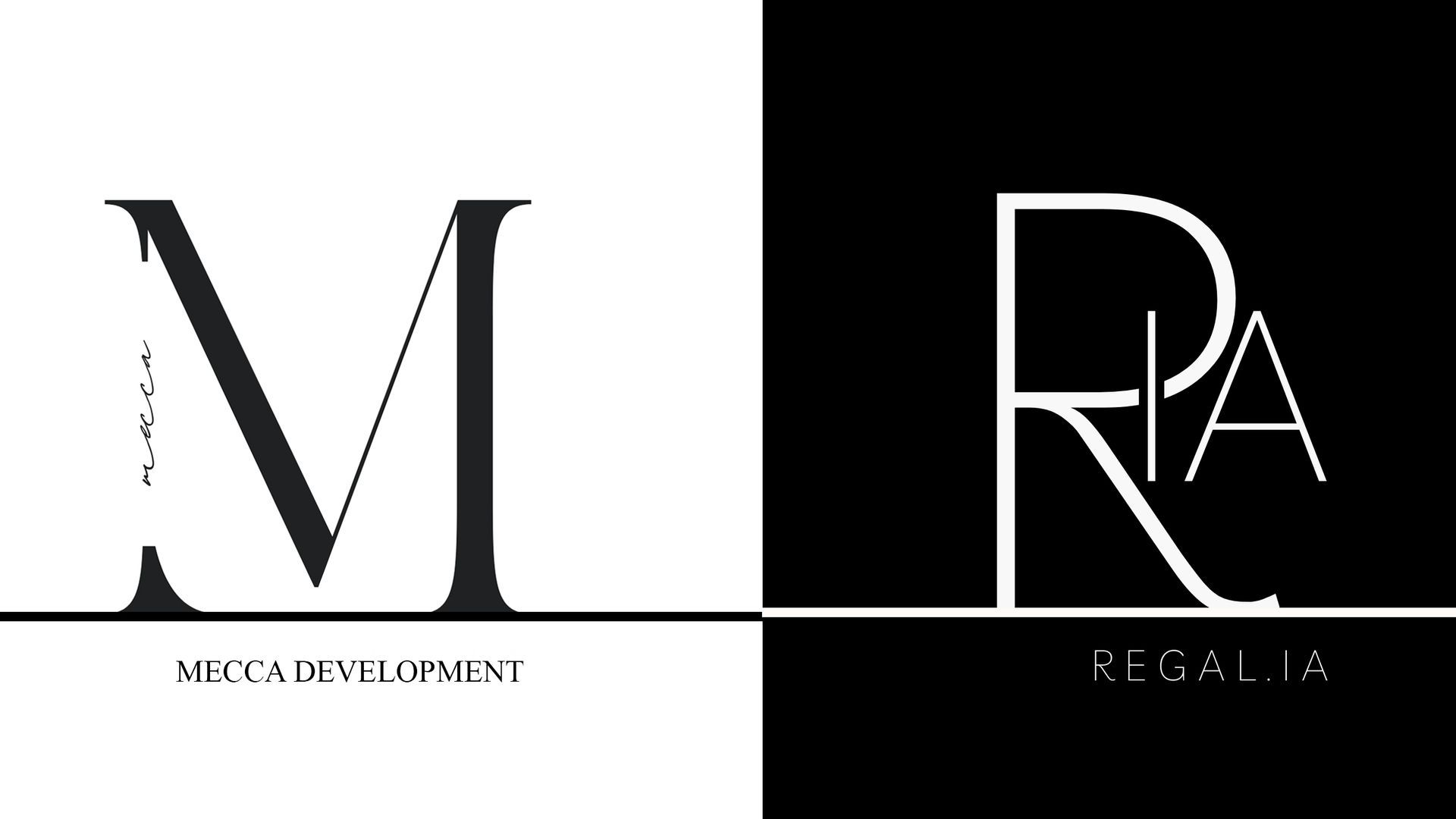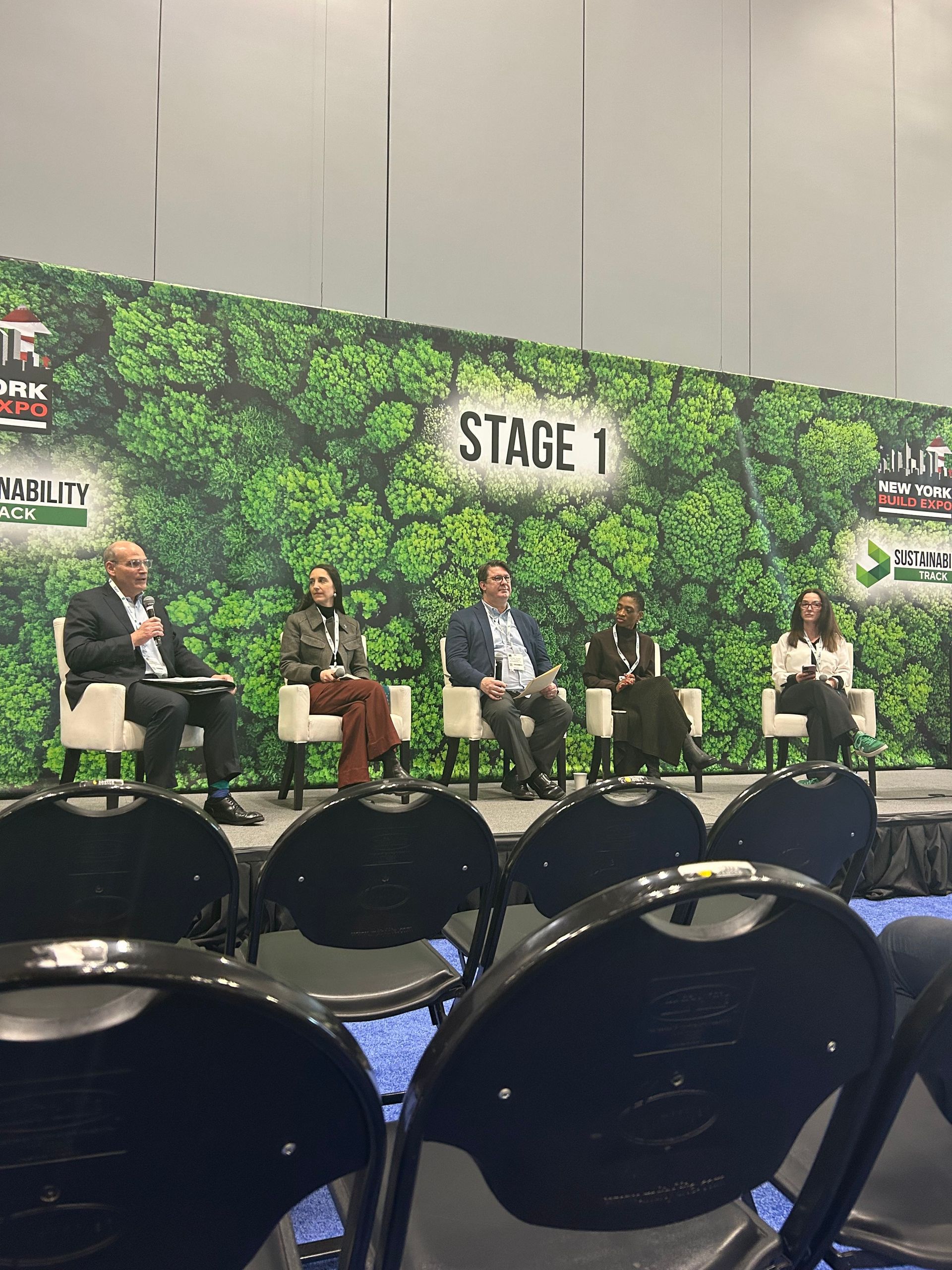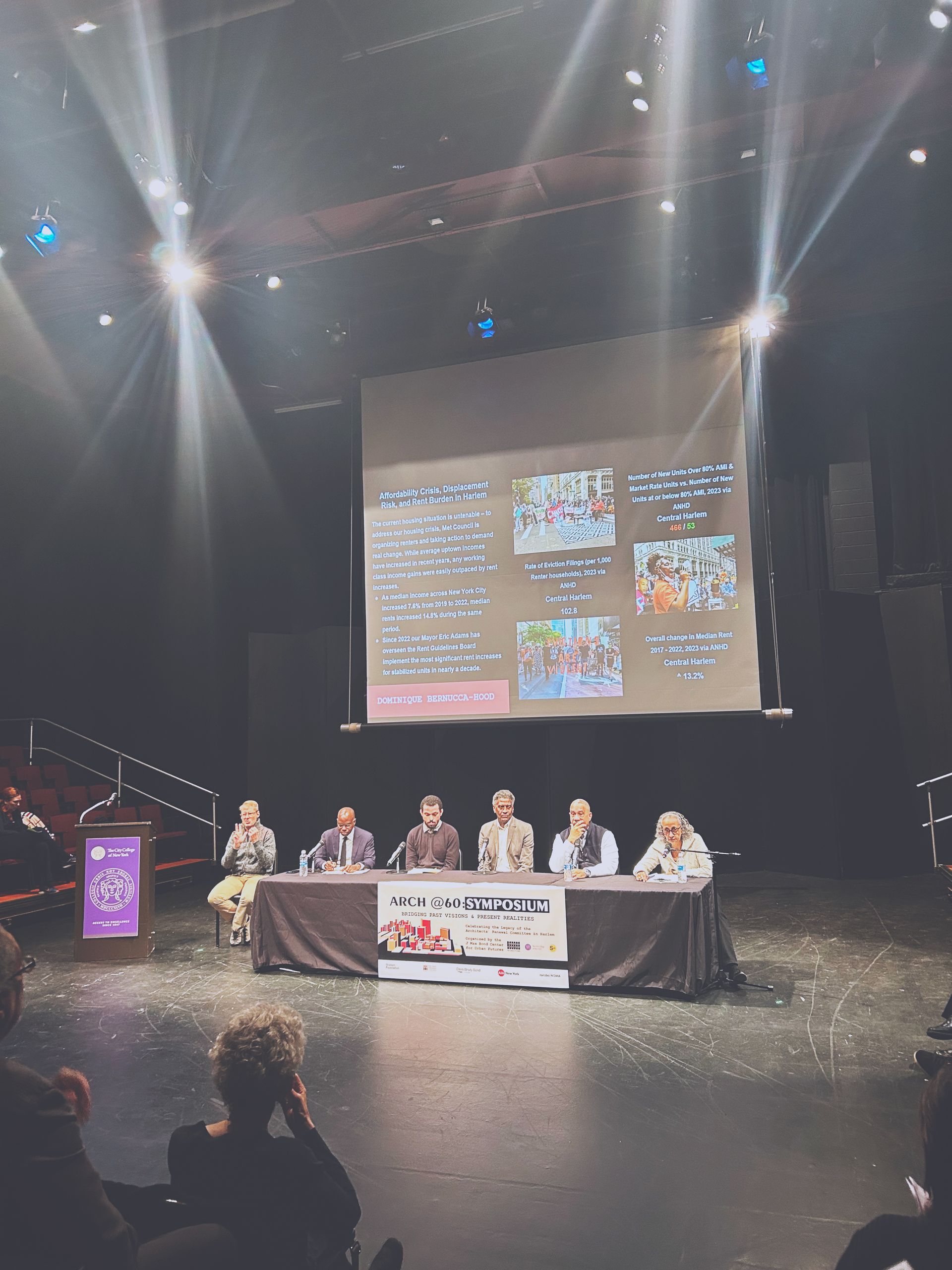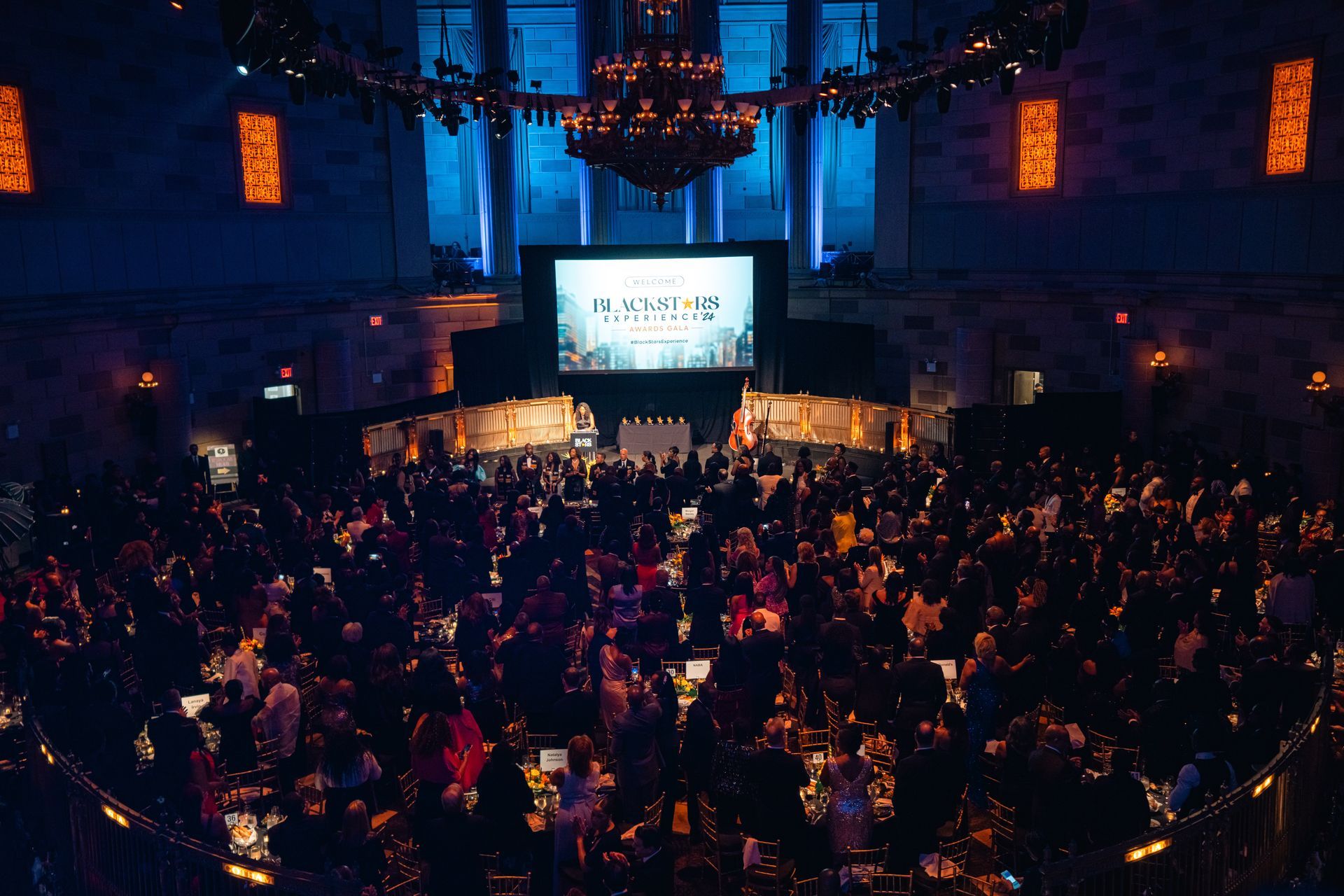Land, Legacy & Leverage: Rethinking Ownership in the Age of Displacement
Beyond Binaries: How We Move From Surviving Gentrification to Shaping What's Next.
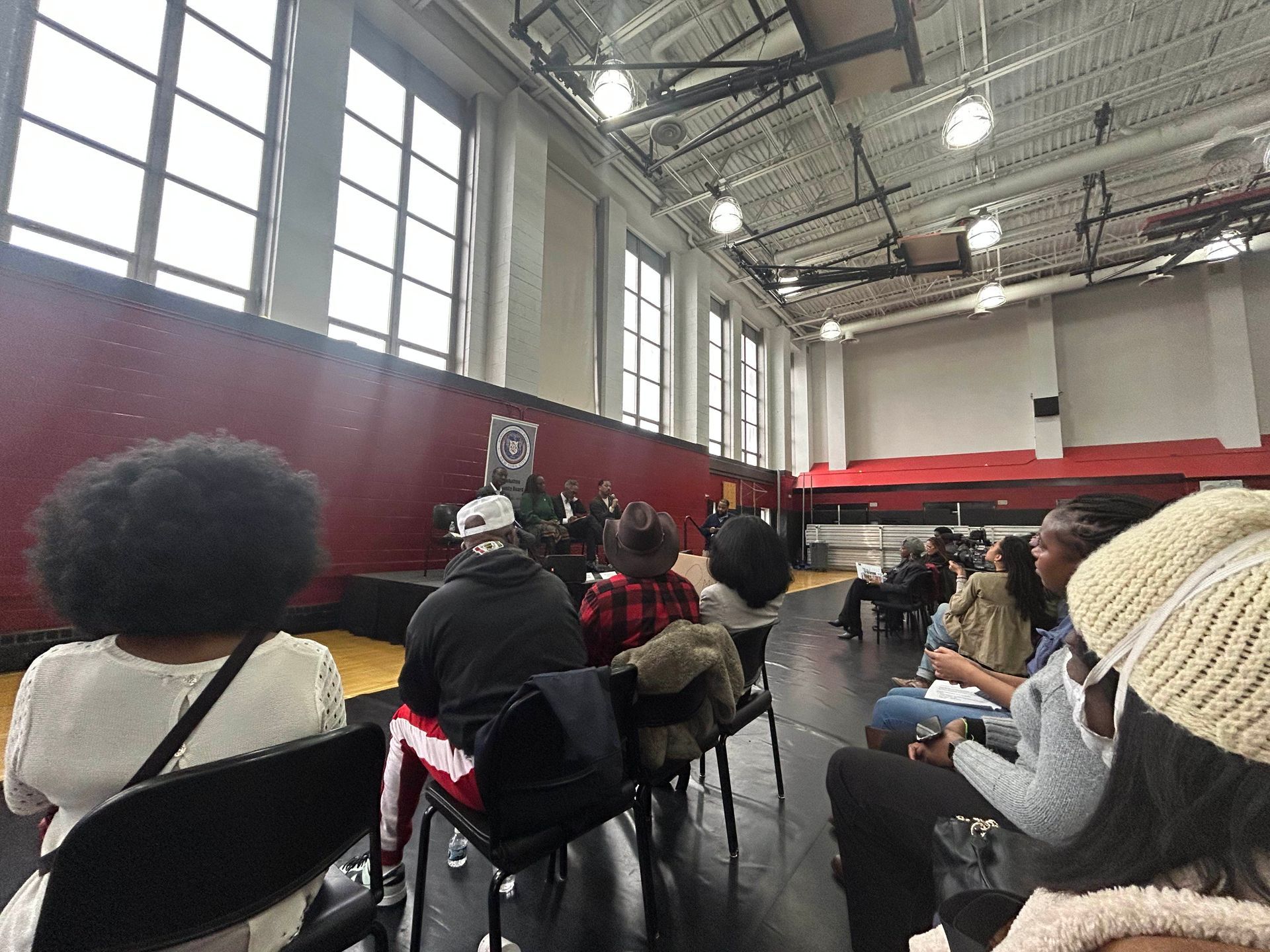
Last week, we attended the Community Board 10 Housing Forum in Harlem—one of NYC’s most symbolically rich yet economically contested neighborhoods. The conversations were honest, deeply felt, and rooted in historical truth. But what struck me most was the energy around what’s possible—not just what’s been lost.
There’s no denying the facts: Black and Brown communities have been systemically disinvested in, overcharged, and pushed out. For decades, they paid taxes into systems that offered little in return. Now, as new capital flows in, the very neighborhoods built on sacrifice and survival are being mapped for profit.
And still—we're here. Which begs the question: How do we move from fending for ourselves to owning the future we all deserve?
Challenging the “Community vs. Profit” Narrative
What if community control and profitability weren’t opposites? What if equity meant not only preserving affordability—but creating pathways to real ownership, financial growth, and long-term agency?
Community Land Trusts (CLTs), for example, are often framed as purely defensive tools—but they can be strategic launchpads. With the right structure, CLTs can enable co-investment, cash flow from leasing, and shared equity models that grow with inflation instead of getting left behind by it.
The opportunity:
To rethink what wealth looks like—and to design systems where communities don’t just stay in place, but
participate in, lead, and profit from change.
→ At Mecca, we explore models like multi-entity LLCs, community REITs, and trust-backed ownership frameworks that do both: protect legacy and create upside.
Development Should Be Collaborative—Not Extractive
One of the most moving sentiments from the conference was this:
“We’ve been paying more for less for decades.”
Substandard services. Lower-quality construction. Higher rents. Meanwhile, the state sat back. And now, government and private developers want back in—but on their terms.
The harm is real, and the history is fresh. But moving forward demands more than resistance. It demands negotiation, design, and vision.
What does it look like to create
community benefits agreements that reflect actual resident priorities?
To build
mixed-income models that don’t erase but include?
To allow
cultural legacy and capital investment to co-exist?
→ Our work is focused on identifying and designing for that middle ground—where equitable development is not a compromise, but a new standard.
Increasing Buying Power Is the New Affordability
Affordability isn't just about paying less—it's about earning more, owning more, and negotiating from a position of strength.
We need tools that expand buying power:
- Financial literacy meets asset planning
- Housing models that allow shared equity without predatory terms
- Trust and LLC frameworks that support intergenerational planning
- Partnerships with mission-aligned investors who see value in people, not just land
→ Mecca Development is building solutions that integrate real estate strategy with long-term wealth-building for the communities most impacted by displacement.
What Equity Really Requires
Equity can’t be performative—it must be structural. And structural solutions require bold, collaborative thinking.
We ask:
- How do we reckon with the past while designing a future we all belong to?
- How do we bring developers, policymakers, and residents to the same table—with equal leverage?
- How do we build systems that allow us not just to stay, but to thrive?
This is the work ahead. And at Mecca Development, it’s already begun.
